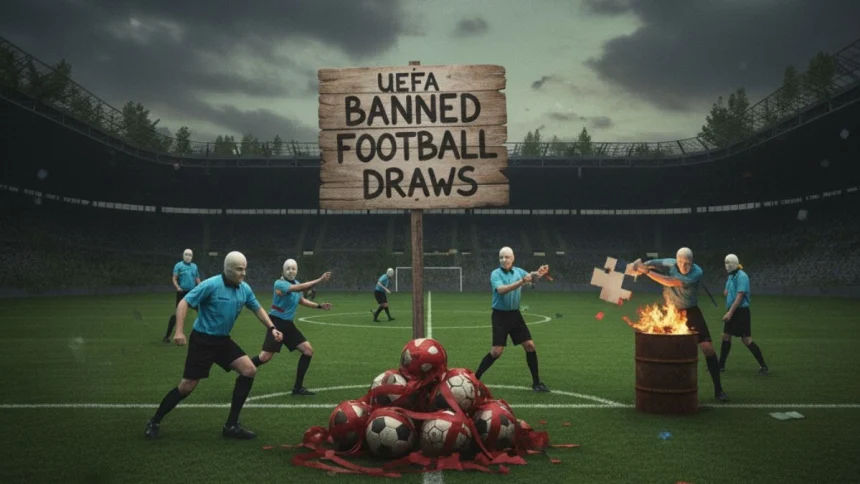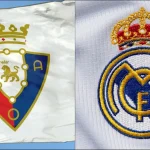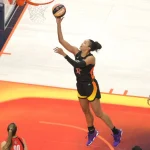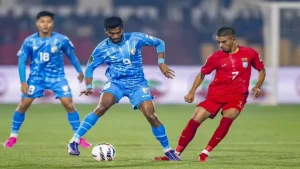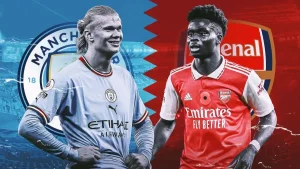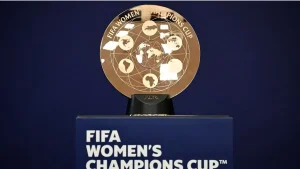UEFA Banned Football Draws
Football is the most loved sport across Europe, but even the beautiful game is not immune to politics and conflicts. UEFA, the governing body of European football, has often had to step in to ensure safety and avoid politically sensitive clashes in its competitions.
This unique side of the sport shows how football connects with real-world issues beyond the pitch and how politics can directly shape the tournaments we watch.
Why UEFA Bans Certain Matchups
UEFA has an “Emergency Panel” that decides which nations cannot face each other in official draws. The reasons are mainly political disputes, territorial conflicts, and in some cases, ongoing wars. These bans apply in qualifying draws, Nations League, and youth tournaments, though in knockout stages, they sometimes become unavoidable.
This practice ensures that football tournaments are not overshadowed by political tensions or safety concerns. For UEFA, the priority is to keep competitions fair, neutral, and secure.
Official List of Prohibited UEFA Matchups
Here is the official list of national teams that cannot be drawn against each other in UEFA competitions:
1. Ukraine vs Russia
This restriction has been in place since 2014 and became stricter after the 2022 Russian invasion of Ukraine. UEFA ensures they are never drawn together due to the ongoing conflict.
2. Armenia vs Azerbaijan
Because of the long-standing Nagorno-Karabakh conflict, these two countries are always kept apart in UEFA draws.
3. Gibraltar vs Spain
Spain does not recognize Gibraltar as an independent football nation, so this remains one of UEFA’s consistent restrictions.
4. Kosovo vs Serbia
Since Serbia does not acknowledge Kosovo’s independence, this fixture is politically impossible and therefore banned.
5. Kosovo vs Bosnia & Herzegovina
Similar to Serbia, Bosnia & Herzegovina does not recognize Kosovo, so UEFA prevents this matchup as well.
6. Kosovo vs Russia
In certain draws, such as the 2022 World Cup qualifiers, UEFA also prohibited this pairing for political reasons.
7. Belarus vs Ukraine
Introduced more recently, this ban is linked to Belarus’s political alignment with Russia and the wider security concerns in the region.
Impact on UEFA Competitions
These restrictions shape how qualification groups are formed. For example, during Euro 2024 qualifiers and the 2026 World Cup UEFA qualifiers, these bans influenced draw mechanics to make sure prohibited teams were separated. Even in youth football, such as the Under-21 European Championship qualifiers, the rules remain the same.
For fans, this means that sometimes draws look more complex than expected, with software ensuring that these political sensitivities are respected. While it might take away some potential blockbuster fixtures, it helps keep tournaments safe and focused on football.
Football and Politics
It is clear that football is not separate from politics. Nations carry their history, disputes, and identities into the sport. UEFA’s bans are not about the game itself, but about ensuring peace and avoiding unnecessary confrontations.
Even though politics create divisions, football often finds ways to unite fans across borders. That is why these decisions, while restrictive, also protect the spirit of the game.
FAQs
Q1. Why does UEFA ban certain national team matchups?
A. UEFA bans certain matchups to avoid politically sensitive clashes, territorial disputes, or situations where fan safety could be at risk. These bans are enforced during tournament draws.
Q2. Are the bans permanent or temporary?
A. They are ongoing until UEFA’s Emergency Panel decides otherwise. For example, Ukraine vs Russia has been banned since 2014 and continues to this day due to the war.
Q3. Do these bans apply to all UEFA competitions?
A. Yes, they apply to most draws including Euro qualifiers, World Cup qualifiers (UEFA zone), Nations League, and youth tournaments, but in knockout stages they are harder to enforce.
Q4. Can these nations play against each other in FIFA tournaments?
A. FIFA usually respects UEFA’s rules in qualifiers, but once the World Cup finals are drawn, avoiding such matchups is more difficult. In practice, FIFA often also applies the same bans during group draws.
Q5. Does politics often affect football like this?
A. Yes, football is deeply linked to politics, history, and identity. While UEFA tries to keep competitions about sport, political realities cannot always be ignored, and bans are a way to prevent bigger issues.
Also Read- Cristiano Ronaldo Workout Plan: The Fitness Secrets Behind His Longevity


